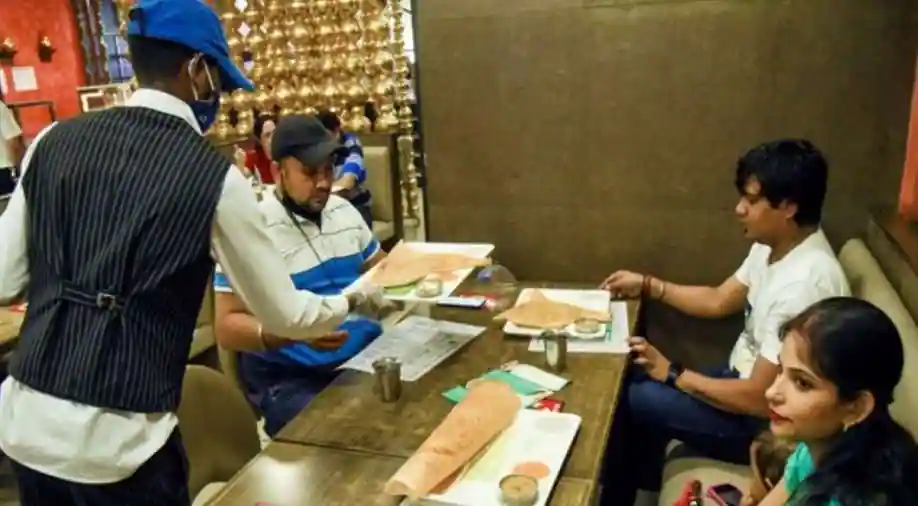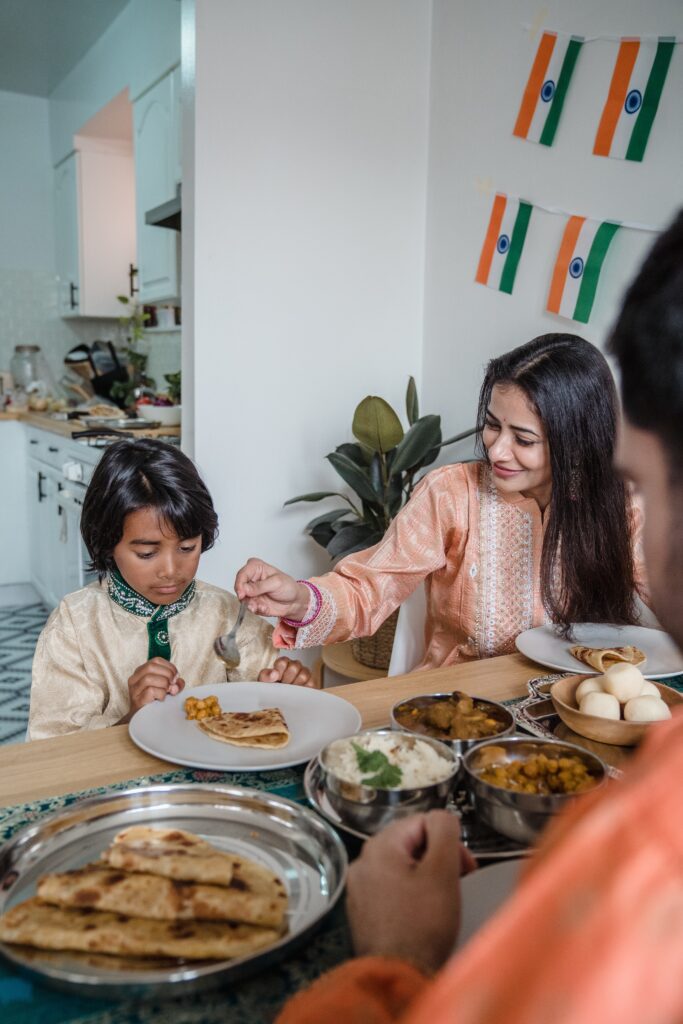
Service Charge in Hotels and Restaurants
What is Service Charge in Hotels & Restaurants?
In most parts of the World Hotels and Restaurants charge a percentage of the total bill called a service charge. Normally it is around 10% of the total bill. It is meant to be distributed among the hotel/restaurant staff. But in most cases, the restaurants and hotels do not distribute the full amount collected as service charges among the employees. They deduct a percentage in the guise of breakages and damage to cutlery etc and distribute the balance among the employees.
Service Charge Vs Tip
In hotels and restaurants, diners/guests frequently give a tip to the staff member providing the service. The amount of the tip is entirely up to the guest’s discretion. He could even just say thank you and leave without giving a tip as it is a voluntary payment. But the service charge, which is a set proportion of the entire bill, is a mandatory fee that must be paid by the customer. It is usually 10%. It is quite normal for customers to pay the invoice with the service charge and give an additional tip.
You pay a Tip if you are happy with the service. But you have to pay the Service Charges even if you get the worst service.

No More Service Charges in Hotels & Restaurants in India
According to the Hindu, Central Consumer Protection Authority (CCPA) issued guidelines here on Monday (4th July, 2022) preventing hotels and restaurants from levying service charges on customers. Hotels or restaurants should not add service charges automatically or by default to the food bill, according to the guidelines
Taking into consideration the hardship customers face, the government of India has established guidelines prohibiting hotels and restaurants from charging service fees, which is a huge relief for consumers.
According to India’s consumer affairs regulator, tips must be entirely voluntary and are not permitted to be added to bills in any other way. The “service charge” that many hotels and restaurants automatically add to their clients’ bills ranges from 5 to 15 percent.
Ministry of Consumer Affairs. Food & Public Distribution – India
According to the Ministry of Consumer Affairs, Food & Public Distribution,
The Consumer Protection Act 1986 provides that a trade practice which, for the purpose of promoting the sale, use, or supply of any goods or services, adopts any unfair method or deceptive practice, is to be treated as an unfair trade practice. The said Act further provides that a consumer can make a complaint to the appropriate consumer forum established under the Act against
- an unfair trade practice adopted by any trader or service provider;
- The services hired or availed of suffer from a deficiency in any respect.
- a trader or service provider. has charged for the goods or for the services, a price in excess of the price.
(a) fixed by or under any law for the time being enforced;
(b) displayed on the goods or any package containing such goods.
(c) displayed on the price list exhibited by him or under any law for the time being in force;
(d) or agreed between the parties

CCPA India
On July 4, 2022, the Central Consumer Protection Authority (CCPA) prohibited hotels and restaurants from adding a service charge automatically or without the customer’s consent to food bills and allowed consumers to report violations.
NDTV News
Visit other trending topics in this site: Will Microsoft’s acquisition of Blizzard allow it to surpass Sony as the 2nd largest gaming company? Can VinFast from Vietnam compete in the American EV market? Which Countries have the Highest Gold Reserves in 2022?
shop now2 Wigs Only $ 149



